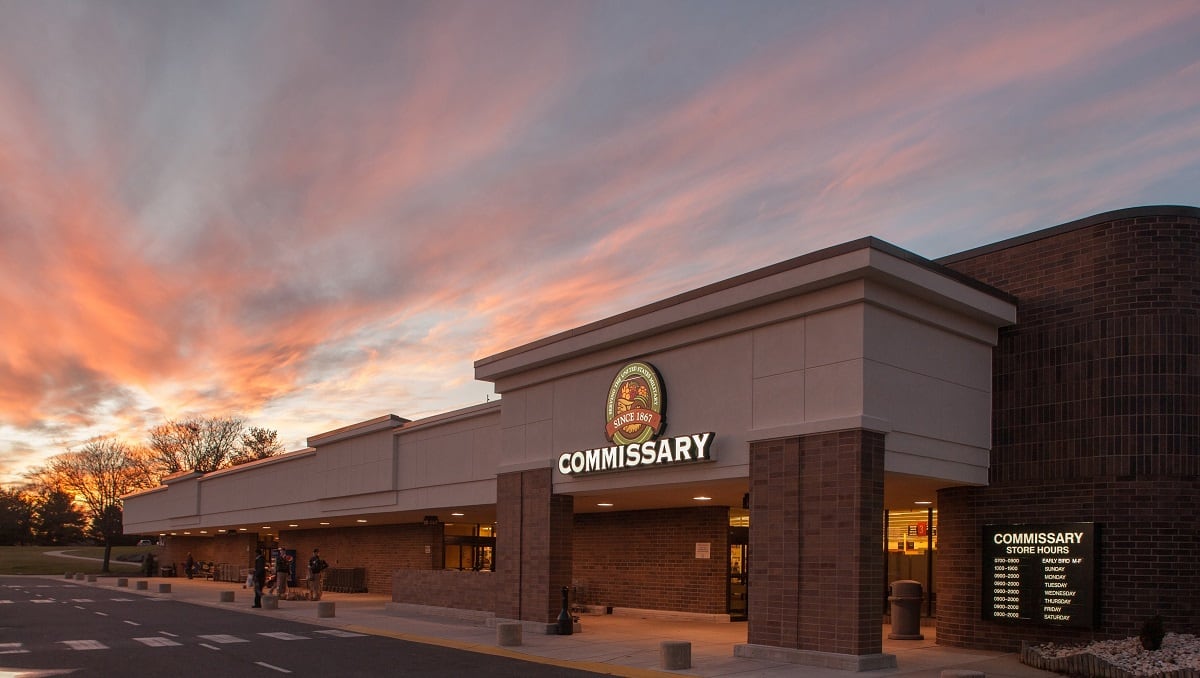One training battalion at Fort Jackson, South Carolina, had a cluster of 50 positive COVID-19 cases, Army senior leaders said Thursday.
That cluster hasn’t grown, they added, and the service plans to begin taking in new recruits for basic combat training next week, following a 14-day pause that started April 6.
Army Chief of Staff Gen. James McConville said the service is also working to shift away from simply screening soldiers for symptoms after the first two trainees at Fort Jackson tested positive on March 23.
“Even those who we tested after we had one or two positive cases, the ones we found out, were mostly asymptomatic," McConville said. “So they weren’t showing symptoms. That’s why the testing becomes very, very important, especially with the younger population.”
Up to 25 percent of people with the virus may never show symptoms, Centers for Disease Control director Dr. Robert Redfield has said publicly.
Fort Jackson now has four testing devices that can run approximately 750 tests per day so long as the Army continues to get enough test kits to run through the machines. Officials did not say whether the Army’s other three basic training locations are similarly outfitted, though the Army’s testing capability has improved over the past month.
RELATED

Originally, the Army only had nine testing facilities across the force, meaning all swabs taken had to be shipped to those locations before a positive or negative determination was made.
Testing capabilities have been expanded to 35 installations at this point, according to Army surgeon general Lt. Gen. Scott Dingle. The Army still isn’t at the point of wide-spread testing, though.
“Right now it’s been [about] continuing the social distancing,” Dingle said. “But yet there will be an effort to implement a testing capability on individuals to see if they’re still shedding the virus.”
McConville also wants the service to acquire devices that test whether an individual has ever had the virus, not just whether they’re currently ill.
A test to see if you currently have the virus requires a nasal swab and looks for the the virus’ RNA within nasal secretion. A test to see if you ever had the virus would require a blood sample to look for antibodies developed to fight the virus. that’s called serology testing.
“That ability will allow us to consistently test more so we can identify those individuals,” said Dingle, adding that the Army is still waiting for agencies like the Food and Drug Administration and CDC to evaluate those devices.
Evaluations are expected to be completed in late April, according to the CDC website.
Wide-spread testing through a combination of those devices will be needed because experts have said it could be a year or longer until a vaccine is developed. The Army has canceled many of its planned training exercises in Europe, the Asian Pacific and domestically, as the pandemic spread throughout the world.
RELATED

Training has continued at various locations, however. The Army chief visited Fort Jackson on Wednesday. He said that despite the pause in new intakes, training has not stopped for those recruits already in the pipeline.
“Some of those soldiers have been there for 6-7 weeks and they were doing buddy live-fires,” McConville said. “During the training, they were six feet apart, and they were either wearing masks or gaiters when they got closer.”
The philosophy, he added, is to create a bubble around basic combat training locations so that if any one recruit becomes ill, the number of infected is tightly controlled. The Army is also quarantining recruits for their first two weeks of basic training, officials said, and all recruits will be screened for symptoms multiple times before arriving.
Continuing to bring in new recruits could ultimately help stave off some more drastic measures like a “stop-loss” order, which would forcefully retain troops who are otherwise at the end of their enlistment contracts.
Such a policy is unlikely, Defense Department officials said, but it could be used if the pandemic continues to limit the service branches’ ability to recruit and train new troops.
As of Thursday morning, 992 soldiers from all three Army components have tested positive for COVID-19.
Kyle Rempfer was an editor and reporter who has covered combat operations, criminal cases, foreign military assistance and training accidents. Before entering journalism, Kyle served in U.S. Air Force Special Tactics and deployed in 2014 to Paktika Province, Afghanistan, and Baghdad, Iraq.





